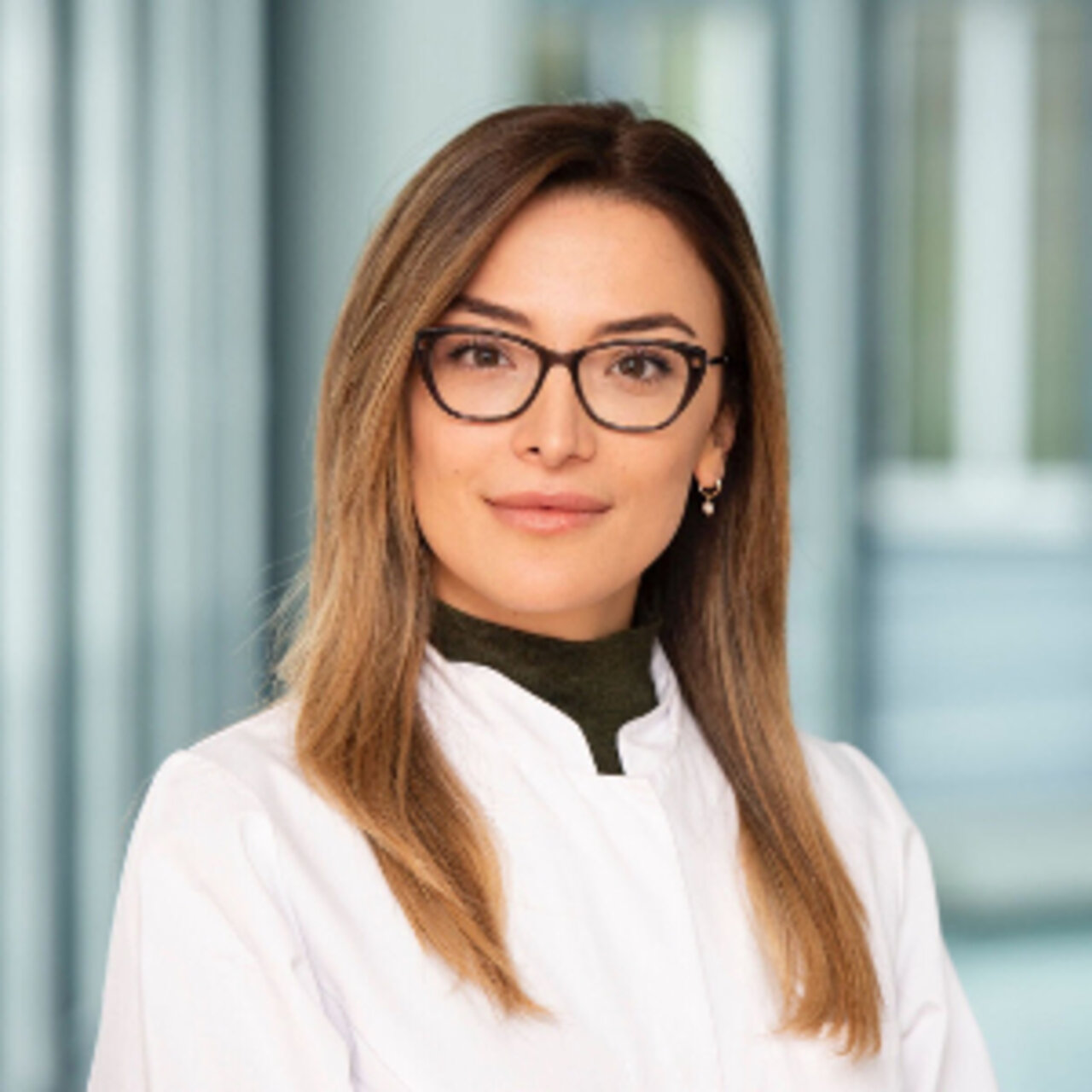Specialists in Hormone consultation
3 Specialists found
Dr Brunilda Alushi, PhD, FEACVI
Internal Medicine and Cardiology, Prevention and Imaging Diagnostics
Munich
Information About the Field of Hormone consultation
How do you define a hormone consultation?
During a hormone consultation, you will be examined by an experienced hormone specialist (endocrinologist) who will investigate the underlying cause of conditions such as persistent tiredness, skin problems or infertility.
Who are the specialists offering hormone consultations?
Endocrinology is the branch of medicine that focuses on hormonal balance and the locations where hormones are produced. Hormone dysregulation can stem from a variety of causes. Diseases that are commonly known, like for example osteoporosis, goiter or diabetes are caused by hormonal imbalances. Patients frequently have to visit many doctors before they can be helped.
Why do you need a hormone consultation?
Everything that happens in the body is regulated by our hormones. Whether it's making us tired at night, hungry or ensuring that our kidneys are functioning properly, it's our hormones which are responsible for all of it. If it weren't for our hormones, defending ourselves against harmful substances in our environment would be less effective and in extreme situations we might suddenly lack energy.
Hormones are produced in several parts of our body including the adrenal, thyroid and parathyroid glands as well as ovaries, testes and the pituitary gland in the brain.
By damaging those organs, many diseases may also do tremendous damage to the cells that produce hormones. While some hormone disorders may be inborn, others are caused by the side effects associated with several medications. In addition, there are certain tumors that are able to produce hormones themselves, thereby disrupting the hormonal balance of our body.
Problems arising from such hormonal disorders include: feeling tired all the time despite sufficient sleep, unfulfilled wish to have children, disturbed female and male hormonal balance, increased sweating and feeling depressed. Hyperthyroidism, hormone deficiency in menopause, benign brain tumors or other conditions can cause an even greater variety of symptoms.
Patients sometimes suffer from such symptoms for a longer period of time before being diagnosed. In such cases, a prolonged search for the cause may often be prevented by seeking a hormonal consultation early on.
How does a hormone consultation work?
Usually, a hormone consultation opens with a comprehensive conversation between you and your doctor. This is where you can describe the character and duration of your symptoms and share the results of previous examinations or treatments. It can also be important to mention your medical family history. Following the interview, the doctor will carry out a physical examination that involves checking for an enlarged thyroid gland or similar, for example.
Blood tests or the detection of hormone levels in the body represent an important component of the hormone consultation. They often indicate the site and origin of hormonal disorders. Occasionally, diagnostic imaging such as MRI or ultrasound can also assist in the diagnosis of tumors that produce hormones.
Once the collected information has been evaluated, your physician will review the results with you and provide possible treatment options.
What would be the effects / benefits of undergoing hormone consultation?
The purpose of the hormone consultation is to identify the underlying causes of your condition and begin an individualized treatment regimen. Such therapy may involve short-term or long-term hormone replacement therapy, or it may involve surgical resection of the hormone-producing tumors. In the latter case, referral to a specialist in endocrinological surgery or neurosurgery follows as soon as possible.
Restoring the patients' quality of life is the major goal of therapy. For this purpose, educational seminars such as diabetes counseling or support groups may also be highly beneficial.


